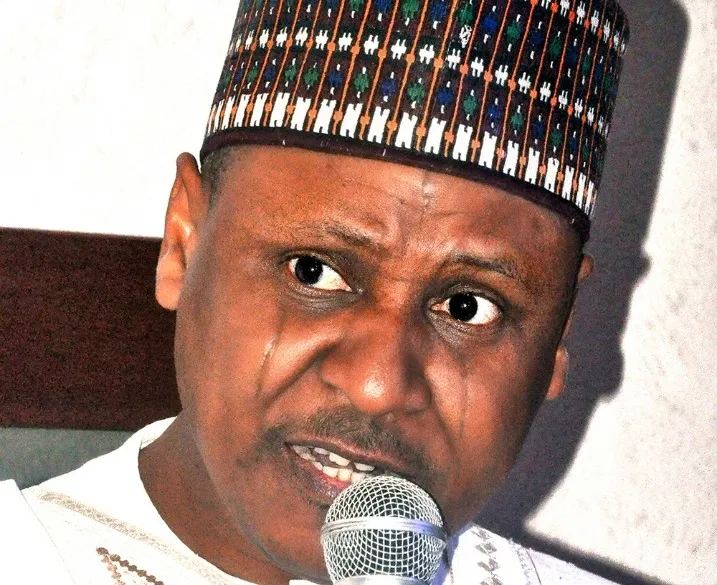The Federal Government has confirmed signing the Samoa agreement but clarified that the country’s law on same-sex marriage takes precedence over the agreement. The Samoa agreement includes clauses that urge underdeveloped and developing nations to support the recognition of Lesbian, Gay, Bisexual, and Transgender (LGBT) rights as a condition for receiving financial and other forms of support from advanced countries.
Named after the Pacific Island of Samoa, where it was signed, the agreement is gaining traction globally, despite significant opposition from many countries that uphold Islamic and Christian values and are sensitive to their cultural traditions. The contentious nature of the agreement has sparked controversy, with various clerics and human rights activists criticizing the government for its involvement.
The controversy centers around the perceived clash between the agreement’s clauses and the cultural and religious beliefs of many citizens. Critics argue that supporting LGBT rights as stipulated in the agreement contradicts the values held by a significant portion of the population, thereby causing social and political friction.
In response to the backlash, Minister of Information Mohammed Idris released a statement on Thursday night providing further clarity. He emphasized that while the Samoa agreement has been signed, the existing national law banning same-sex marriage remains in full force, reaffirming the government’s stance on this sensitive issue.
“On 28 June 2024, Nigeria signed the Samoa Agreement at the Organisation of African, Caribbean, and Pacific States (OACPS) Secretariat in Brussels, Belgium. The partnership agreement is between the EU and its Member States, on one hand, and the members of the OACPS on the other.”
“Negotiations on the agreement started in 2018, on the sidelines of the 73rd United Nations General Assembly. It was signed in Apia, Samoa on the 15th of November 2018 by all 27 EU Member states and 47 of the 79 OACPS Member states.
“The agreement has 103 articles comprising a common foundational compact and three regional protocols, namely: Africa –EU; Caribbean-EU, and Pacific-EU Regional Protocols with each regional protocol addressing the peculiar issues of the regions.
“The African Regional Protocol consists of two parts. The first is the Framework for Cooperation, while the second deals with Areas of Cooperation, containing Inclusive and Sustainable Economic Growth and Development; Human and Social Development; Environment, Natural Resources Management, and Climate Change; Peace and Security; Human Rights, Democracy and Governance; and Migration and Mobility.
“Nigeria signed the Agreement on Friday 28 June 2024. This was done after the extensive reviews and consultations by the Interministerial Committee, convened by the Federal Ministry of Budget and Economic Planning (FMBEP) in collaboration with the Ministry of Foreign Affairs (MFA) and Federal Ministry of Justice (FMOJ). It was ensured that none of the 103 Articles and Provisions of the Agreement contravenes the 1999 Constitution as amended or laws of Nigeria, and other extant Laws.
:In addition, Nigeria’s endorsement was accompanied by a Statement of Declaration, dated 26th June 2024, clarifying its understanding and context of the Agreement within its jurisdiction to the effect that any provision that is inconsistent with the laws of Nigeria shall be invalid. It is instructive to note that there is an existing legislation against same sex relationship in Nigeria enacted in 2014.
“It is necessary to assure Nigerians that the President Bola Tinubu Administration, being a rule-based government will not enter into any international agreement that will be detrimental to the interest of the country and its citizens. In negotiating the Agreement, our officials strictly followed the mandates exchanged in 2018 between the EU and the OACPS for the process.
“The Samoa Agreement is nothing but a vital legal framework for cooperation between the OACPS and the European Union, to promote sustainable development, fight climate change and its effects, generate investment opportunities, and foster collaboration among OACPS Member States at the international stage.”


